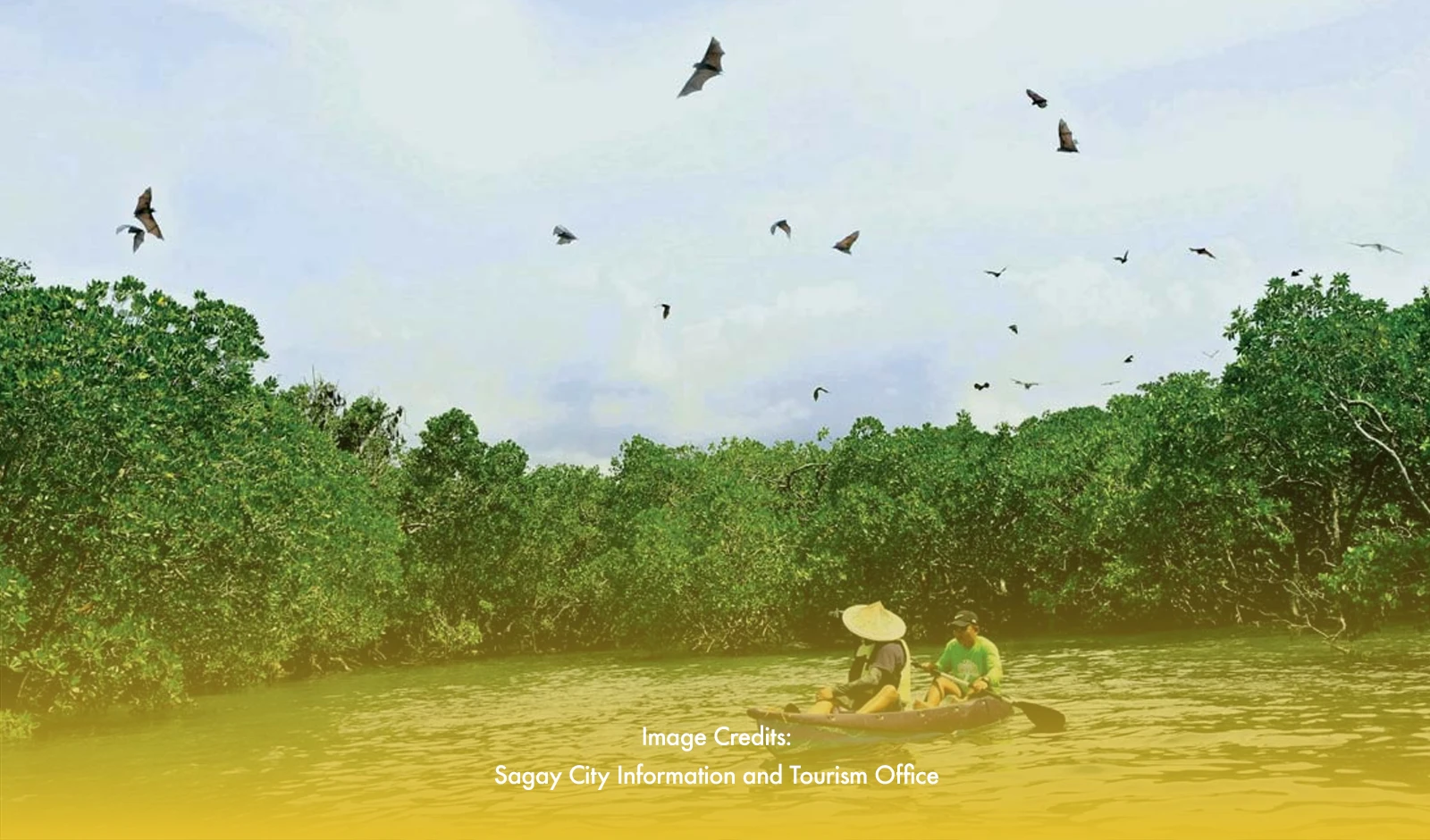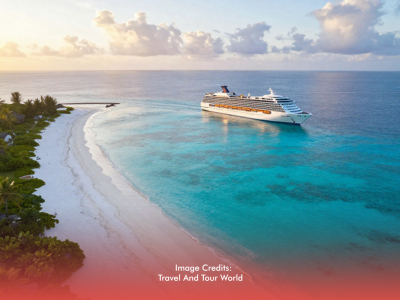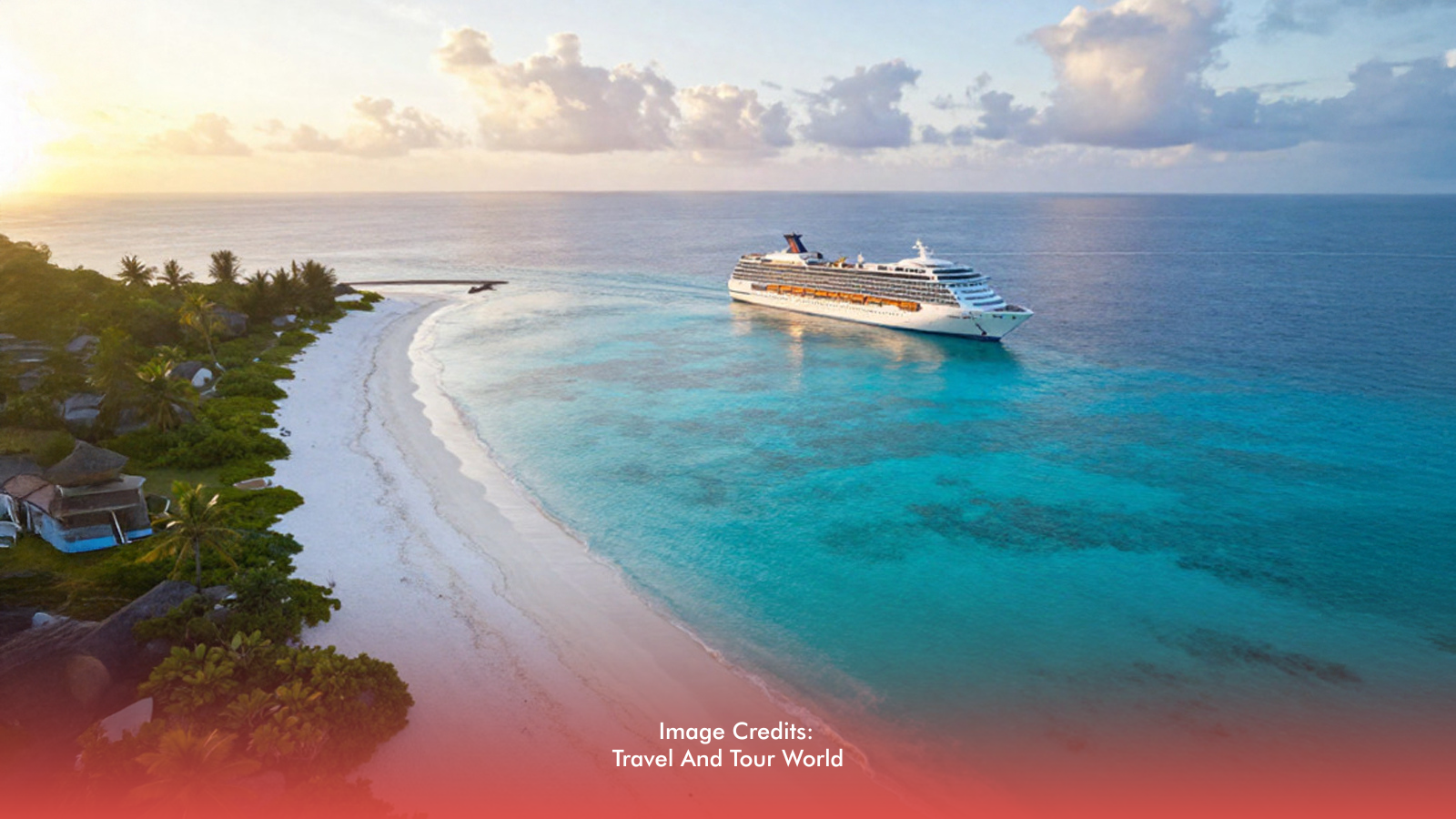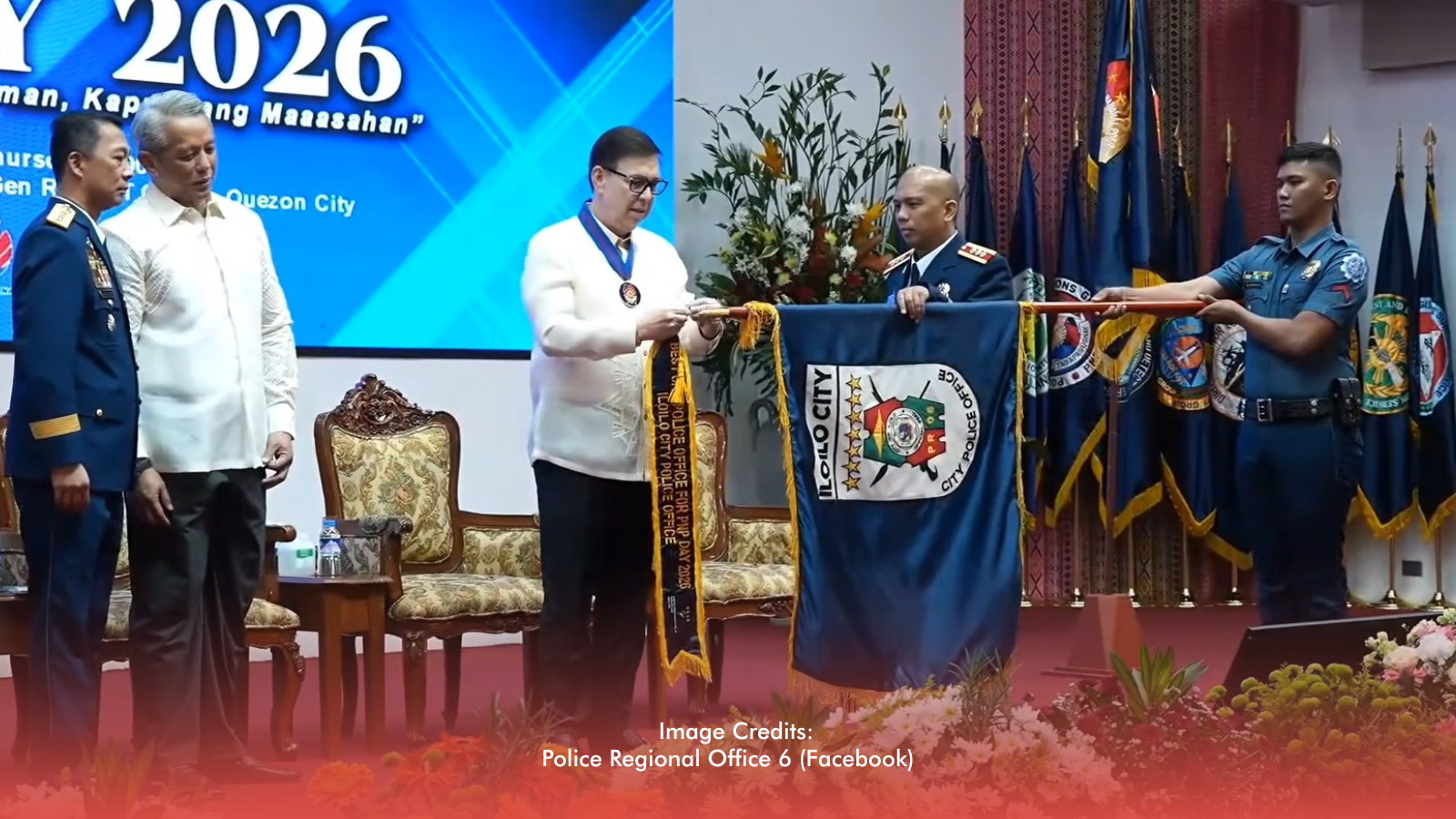Suyac Island’s Mangrove Eco-Park in Sagay City, Negros Occidental, has been awarded the 2025 ASEAN Community-Based Tourism Award, celebrating its commitment to sustainable tourism and environmental protection. The award will be presented during a ceremony in Johor, Malaysia, on January 20, 2025.
Mayor Narciso Javelosa Jr. shared his pride in the achievement, emphasizing how the eco-park has helped improve the lives of the local community while protecting the island's mangrove forests. "This award is a testament to how community-based tourism can uplift both people and the environment," he said.
A Model of Sustainable Tourism
The Suyac Island Mangrove Eco-Park is located within the Sagay Marine Reserve, in Barangay Taba-ao. Managed by the Suyac Island Eco-Tourist Attendants Association (SIETAAS), the eco-park has been recognized for meeting high standards in sustainable tourism. The project–which began in 2012–was designed to involve local residents in eco-tourism, allowing them to play a central role in both tourism and conservation efforts.
Former Congressman Leo Rafael Cueva, who helped launch the project, recalled the challenges faced along the way. "We embarked on a path toward sustainability, and today we’re seeing the rewards—not just the award but also the positive impact on our mangrove forests and our people," he said.
Empowering Communities Through Eco-Tourism
The success of the eco-park is a shining example of how eco-tourism can empower local communities while promoting environmental stewardship. Helen Cutillar, Sagay City’s Supervising Tourism Operations Officer, highlighted the transformative power of sustainable tourism. “When done right, tourism can protect, preserve, and uplift communities,” she noted.
Suyac Island’s efforts have earned international recognition. In 2023, the eco-park placed second in the Nature and Scenery category at the Green Destinations Story Awards in Berlin and was also named among the world’s Top 100 “Green Destinations.” The ASEAN Tourism Award further cements Suyac Island’s role as a global leader in eco-tourism.






